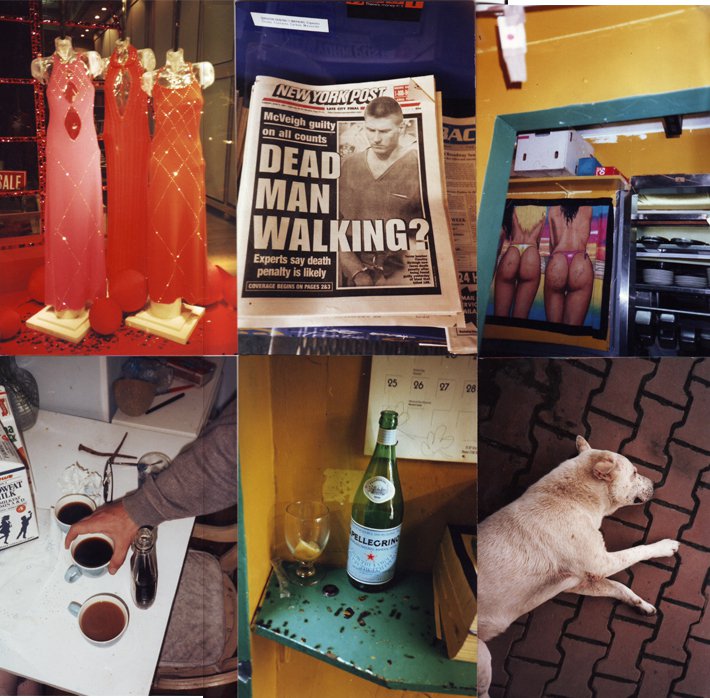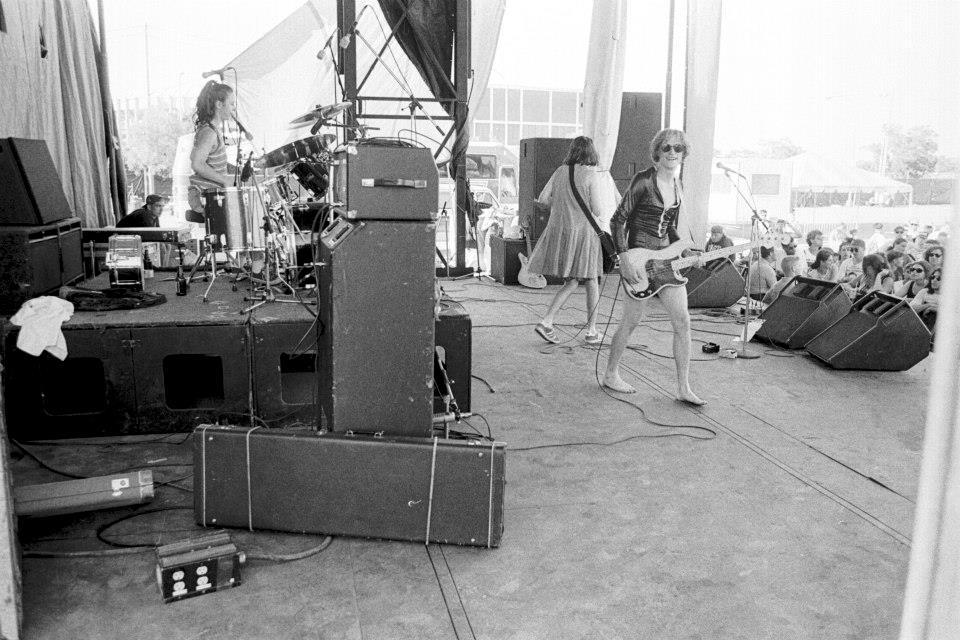04 Nov Taking Stock
For the past year I have been taking stock of my 25 years of making art, trying to get some perspective on what makes the work tick. When I was a kid my mom encouraged me to be creative all the time. I drew, I wrote, and I started to take pictures. By the time I got out high school I knew that I wanted to be an artist but I didn’t have a sense of how to become one. In retrospect I just didn’t understand that I already was one.
In college I was a photographer that loved music. I was pretty inept as a musician, but the music that I loved wasn’t about technical skill as much as it was about expression. In my junior year of college I started a band with friends, and by the end of the year we were taking it very seriously. We even lived together that summer in order to make it a reality. Being in a band gave me a lot of non-music creative outlets; like making t-shirts, flyers, and cover art. I also began to photograph the world that my band was a part of. Then, with my partner Suki, I made a couple of fiction films about the underground rock scene. We traveled with those films while I continued to play music. When I transitioned out of being in a band we started making our first documentary “Horns and Halos” in 1999. In 2000 we partnered with David Beilinson who helped us get it done. Since then we’ve worked together on half a dozen feature docs.
“Horns and Halos” isn’t an underground music film, but it is a film about and “of” underground culture. We came to tell the story because, through the music scene, we had a connection to the guy who re-published a discredited bio of GW Bush before the 2000 election. It’s primarily an observational doc, in the style of the Maysles brothers or Pennebaker. However it’s also a film about media, and how stories move through the world. As I look at the work we’ve done since them, we have made some lateral stylistic moves, but we’ve kept up with that theme of following outsiders as they struggle to be heard in a world that doesn’t want to listen.
While we think our characters are interesting, exciting, and often prescient, funders and programmers are not always as interested in them as we are. Every time we make a film we have a hard time getting it out of the gate. We rarely get grants so we have to just knuckle through and make our films without money. This DIY aspect of our filmmaking also affects our aesthetic. Our work is not as slick as that which has some money behind it. Once we finish them we also have trouble getting them past the gatekeepers at film festivals and distributors.
As we prepare to edit our next film, “All the Rage” I’ve been trying to make sense of that resistance, to see if we can do anything different on our next film. While we were in Memphis at a film festival last week showing our newest film “Who Took Johnny” we were given a very good clue as to the genesis of that resistance by film writer John Beifus. Discussing the film in the Commercial Appeal he wrote
Like the team’s earlier “Horns and Halos,” a film set at the periphery of the George W. Bush presidency, “Who Took Johnny” suggests that the conventional world that most of us operate within is a phony if comforting illusion that hides a realm of privilege and horror.
Someone told me about his article as we walked into the festival happy hour. I skimmed that line and immediately read it out loud to our friend. It seemed to hit the nail on the head for me as to why we are having so much trouble with our most recent film, “Who Took Johnny” in particular. As soon as we we entered I ran into Beifus and thanked him for his kind words. He didn’t remember what he’d wrote but I think that he believed I was being sarcastic. I wasn’t. I think his observation is pretty dead on. Our films often challenge people to take an empathetic view of a situation that they’d like to dismiss. We ask them to see the world from the point of view of people who are challenging the status quo. This insight is helpful for me to see. We don’t want to rub people’s faces in the dark realities that hide behind our ignorance, but we do want to make them aware of it. I don’t know that we’ll be able to change our themes, but maybe we can work real hard to deliver the ideas in even less judgmental ways.




No Comments